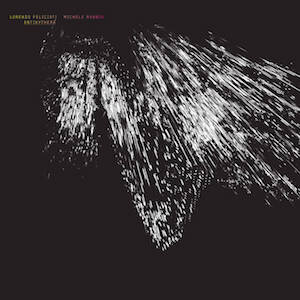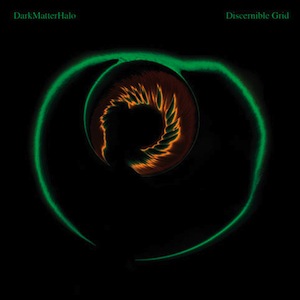Label: Mack Avenue, 2024
Personnel - Kenny Garrett: alto and soprano saxophone, vocals; Svoy: programming, vocals, piano, keyboards.
Mighty saxophonist Kenny Garrett hasn’t lost any of his improvisational soulfulness while playing over a totally electronic backdrop in Who Killed AI?, a duo album with pop/electronica star Svoy.
The album kicks off with “Ascendance”, a keyboards-soaked piece driven by invigorating rhythms and punctuated by warped chords over which Garrett’s sweltering phrases stand out with angular hooks and an effortless inside/outside malleability. “Miles Running Down AI” channels the spirit of Miles Davis’ electric album Bitches Brew in an exuberant fusion pinned by a funky wah-wah groove and occasionally punctuated by vibing clouds of poise.
However, not every track hits the mark; “Transcendence” unfolds under a sparse, dull beat in a controlled atmospheric setting that lacks provocation, while the duo's rendition of the standard ballad "My Funny Valentine” falls short of capturing its charm and luster.
Yet, there are highlights worth noting. “Divergence Tu-Dah” presents an alternative R&B-meets-hip-hop fusion cooked up with ominous noir undertones, vocals, and a hypnotic backbeat. The solo here - emulating a guitar - flows with an empathetic language bursting with dramatic expression. Equally enticing, “Convergence” appears as a muscular EDM-inspired cut, reminiscent of Donny McCaslin’s intrepid dancefloor excursions. Here, Garrett exhibits strong motivic inclinations.
While the duo’s bold attempt to create something out-of-the-box is laudable, the album ultimately left me with mixed feelings, as not all tracks manage to leave a lasting impact.
Favorite Tracks:
01 - Ascendence ► 04 - Divergence Tu-Dah ► 07 - Convergence














